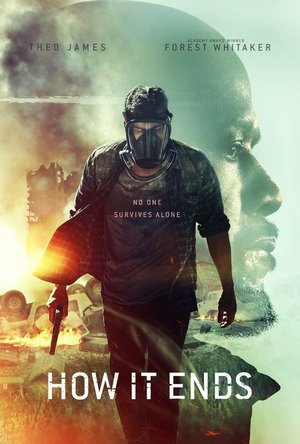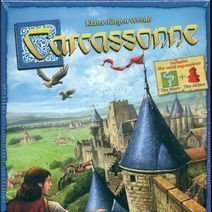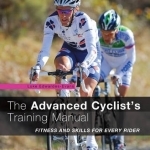
The Advanced Cyclist's Training Manual: Fitness and Skills for Every Rider
Luke Edwardes-Evans, Gerard Brown and Guy Andrews
Book
The Advanced Cyclist's Training Manual follows on from the successful Cyclist's Training Manual,...
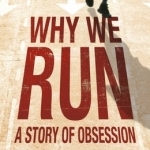
Why We Run
Book
Everyone can run. Whether it is a jog around the park on a Sunday morning, or lining up with 40,000...
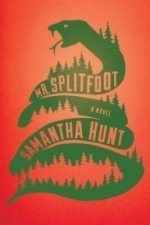
Mr. Splitfoot
Book
Ruth and Nat are seventeen. They are orphans. And they may be able to talk to the dead. Enter Mr....
Horror
Ross (3284 KP) rated How It Ends (2018) in Movies
Apr 1, 2019
The film focuses on their relationship and how very different their backgrounds are, but they soon start to bond over their main shared love - his wife / his daughter.
There are some good action scenes which stick to the theme of the film - human civilisation going to pot and everyone out for himself; and strength versus apparent weakness.
The ending of the film seemed a little abrupt, and unsatisfying. Ironically, given the name of the film, my wife fell asleep so doesn't know "how it ends".

The Optima Search For The Ultimate Street Car Series Podcast
Podcast
The bi-monthly show that details the latest and greatest in the Optima Search for the Ultimate...
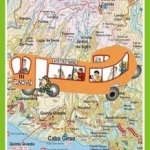
Madeira Bus & Touring Map
David Brawn and Ros Brawn
Book
Madeira Bus & Touring Map - New 6th Edition. Madeira's most popular map has been comprehensively...
Rikki Hammond (33 KP) rated Carcassonne in Tabletop Games
May 23, 2019
The rules of Carcassonne are very simple. Each player will pick a random tile from a stack, and starting with the first player (who always starts with the same beginning tile) will place their tile, so that it connects to one or more adjacent tiles. Each tile will have a road, city or church on it. Roads can only connect with roads, cities with cities, and churches around either of these.
Once a tile is placed, the player can then choose to place one of their meeples on it, either on a road, city, church, or surrounding field. Once that particular area is completed (a road connects to a town, city or church on either end or a city is completely walled around) then that meeple scores you points. 1 point for each section of road per tile, 2 points for each city piece per tile (double if that city tile has a shield on it) and you will score 9 points if you manage to completely surround a church with 8 other tiles. Once the meeple scores, the player removes it from the tile, and can be used again on another tile.
Play continues like this until the tile stack is depleted, then some endgame scoring occurs, where unfinished roads, churches and cities score 1 point per tile in the area. If farmers were used (laying a meeple face down on a field) then 3 points are scored per completed city in that field area. If ever two meeples share the same city, road or field through future tile placements, then each player will get the same points, and whoever has the most points at the end, is the winner.
Carcassone plays between 2 to 5 players, and having played with all player counts, I can say that it plays well, no matter how many players are there. The components are great. The tiles are colourful, and one the game is over, you can build some pretty impressive landscapes. Each player will have different coloured meeples, so it's easy to tell whose is whose, and the score tracker is a handy addition.
My only criticisms I can find is that, after playing a few games, you find that there's not much in the way of variety when it comes to placement of the tiles, and some more hardcore gamers could class this game as too simple. But these are very minor niggles.
Personally, I think Carcassonne is a fantastic first step for people who may not have played many board or tile games before, and if you do get tired if it, there are tonnes of expansions for it, which can add more variety to the game.

McKinsey Greater China
Podcast
Welcome to the McKinsey on China podcast. In this podcast, consultants from McKinsey’s Greater...

GT Rally Racer Drift-ing: Asphalt Racing Xtreme 3d
Games
App
GT Rally Racing 3D- Real Off-road Car Racer Game 2017 contains three different modes. Race in the...
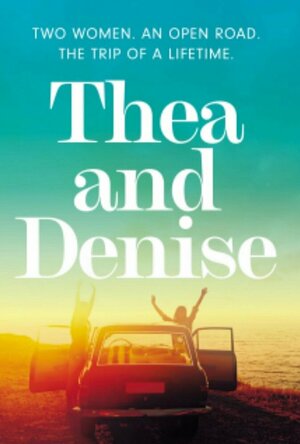
Thea and Denise
Book
‘Oh, you're not crazy, Denise. I think this is probably the sanest you've ever been...' Two...
